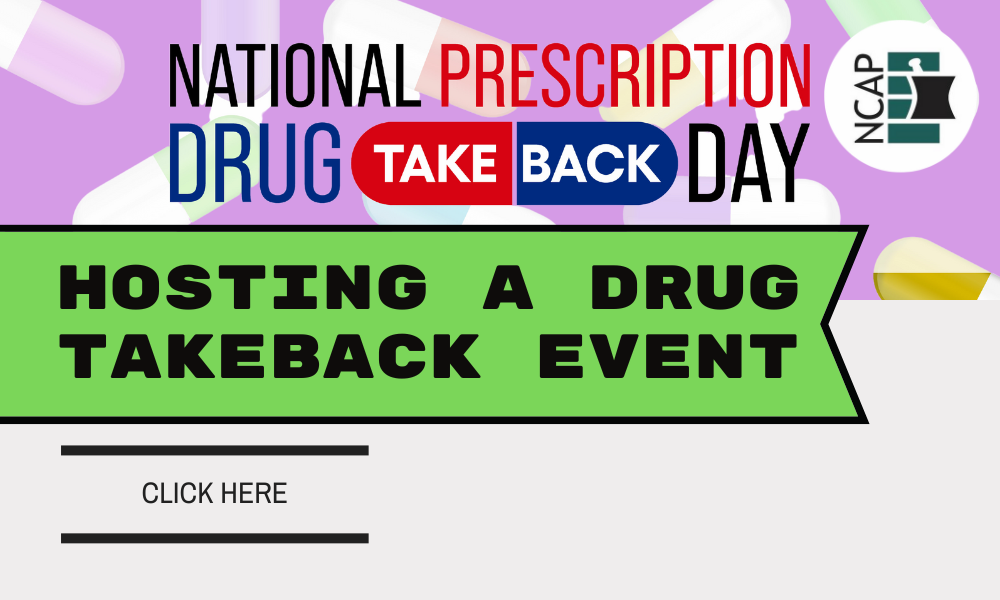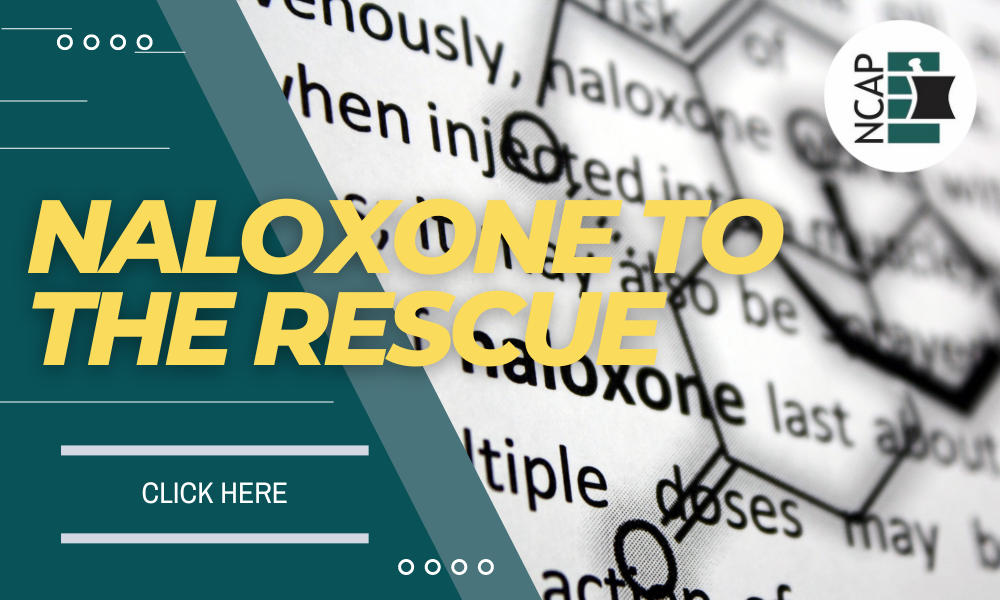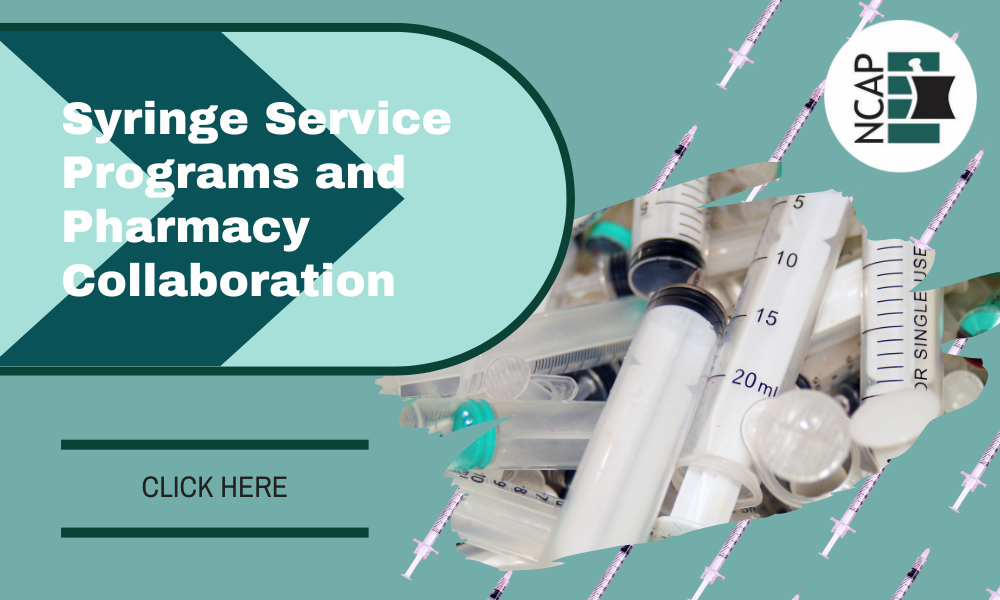Harm Reduction Toolkit

| Overdose numbers in North Carolina have skyrocketed in the past year according to NCDHHS. Nearly four thousand people died in North Carolina in 2021 at the hands of drug overdoses. That’s a 29% increase from 2020. In February 2022 the National Drug Helpline placed North Carolina on red alert for increased risks of deaths from overdose of opioid and other drugs along with 27 other states. To counteract the growing crisis, one of the many recommendations from the American Medical Association (AMA) urged state governors to take actions through implementing harm reduction strategies. |
| What is Harm Reduction? |
|
Harm reduction refers to a set of interventions that lessen the negative consequences of drug use. Unlike approaches that insist people stop using drugs, the spirit of harm reduction is about meeting people where they are and without judgement, recognizing that many are unable or unwilling to stop using drugs despite knowing the risks.
And even more importantly … that abstinence shouldn’t have to be a pre-condition when it comes to receiving help.
|
For a List of Harm Reduction Strategies...
 |
Drug Take Back
|
|
As drug experts, Pharmacists play key roles in helping to educate the community on the safe use and disposal of medications. In partnership with law enforcement, pharmacists' participation in these events not only assists in collecting unused medications but it provides another touchpoint for pharmacists to share valuable information with patients in mitigating risks associated with opioid misuse and overdose.
|
|

|
Naloxone
|
|
Pharmacists can play a vital role in helping to fight the opioid epidemic in our state by providing education about overdose risks, ensuring appropriate medication management, and providing naloxone to the community.
|
 |
Syringe Service Programs
|
| Pharmacists are trusted and highly accessible sources of health information when it comes to reducing disease transmission. Given the role injection drug use plays in contributing to Hep C, HIV, and endocarditis infection rates, pharmacists have three (3) opportunities regarding syringe services to help mitigate these public health risks. |
| |
|